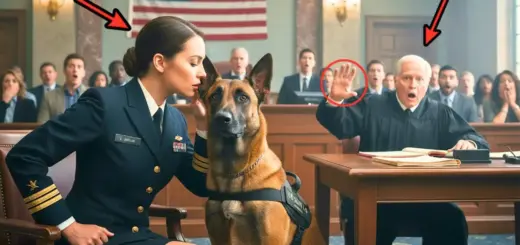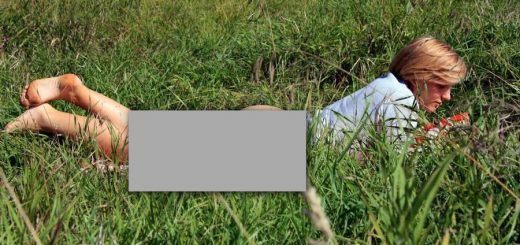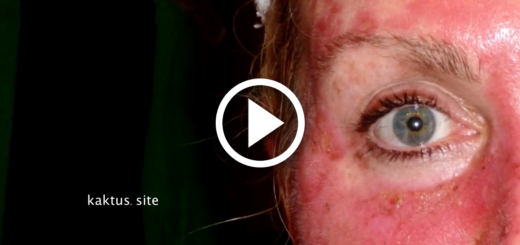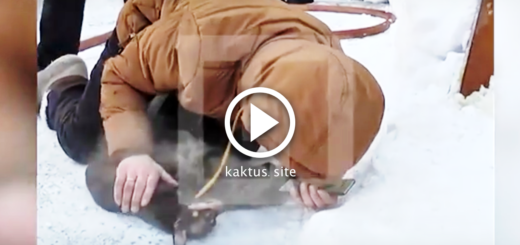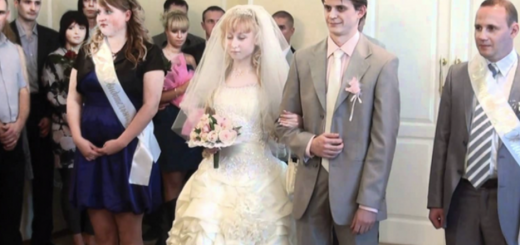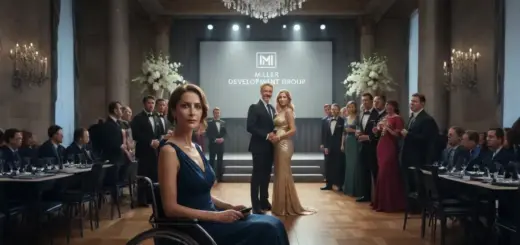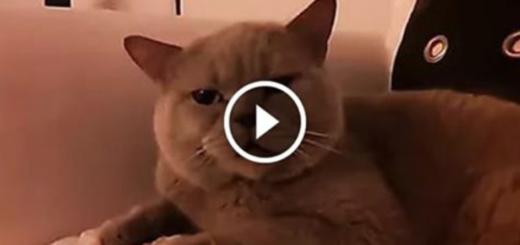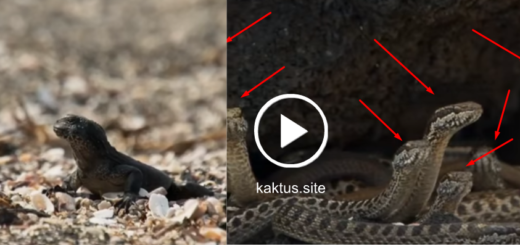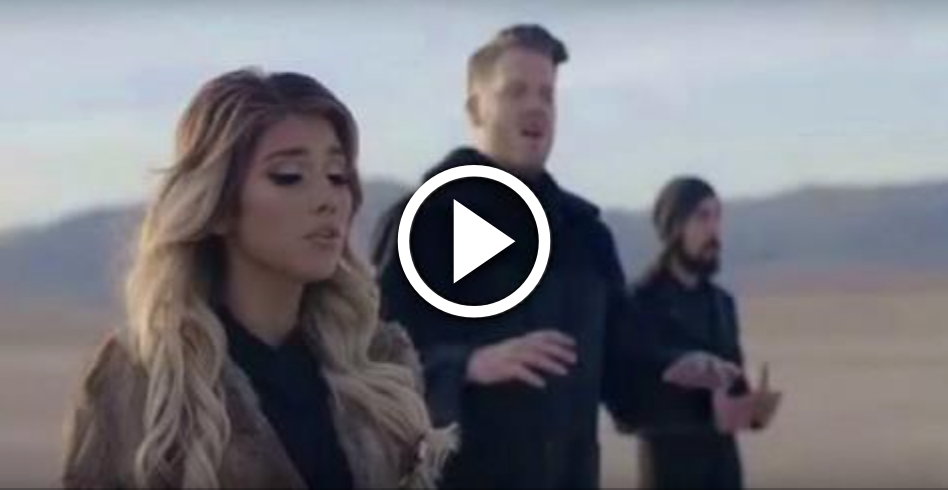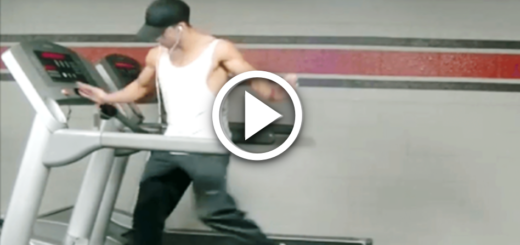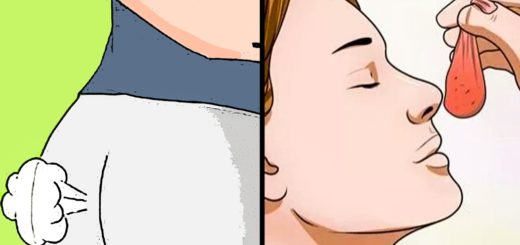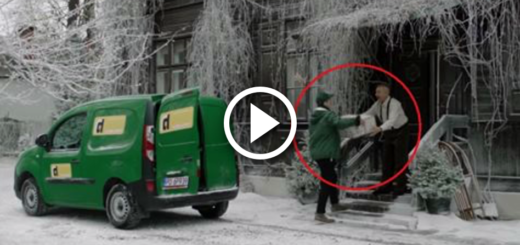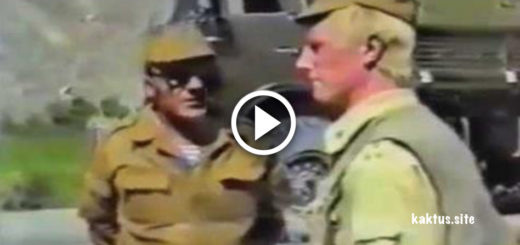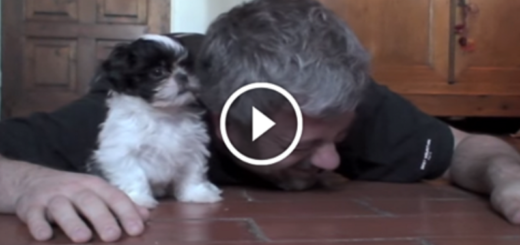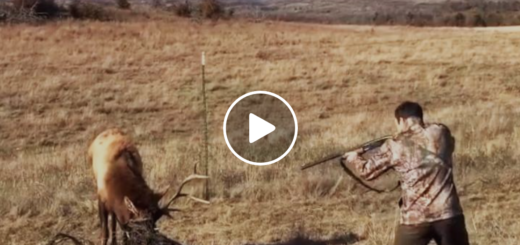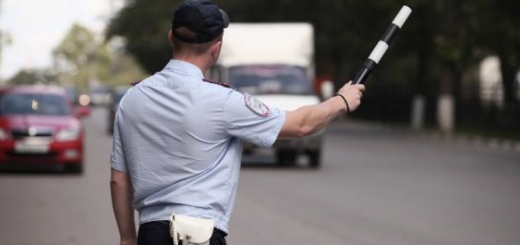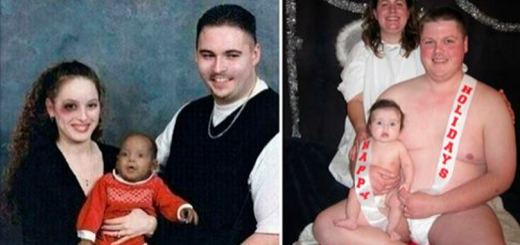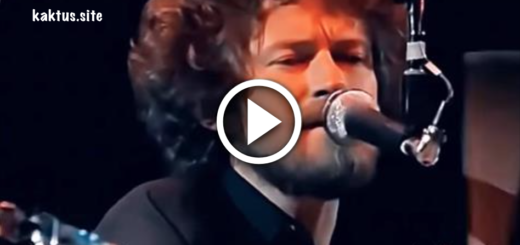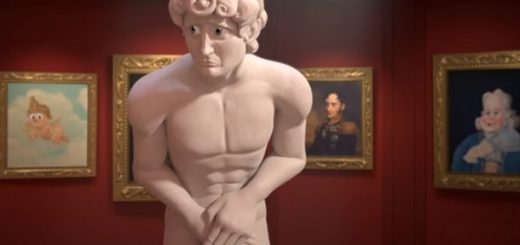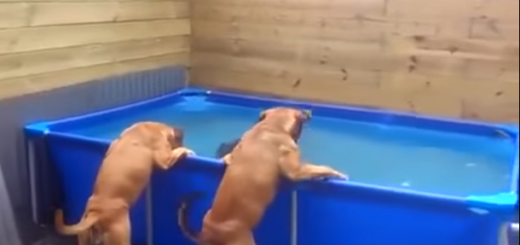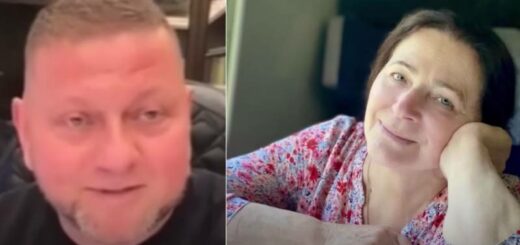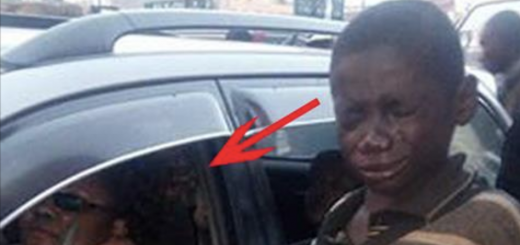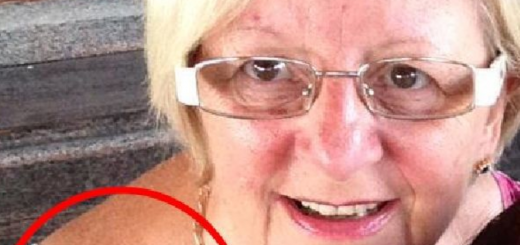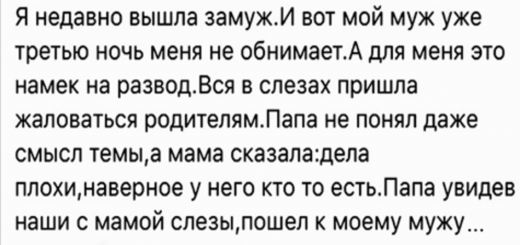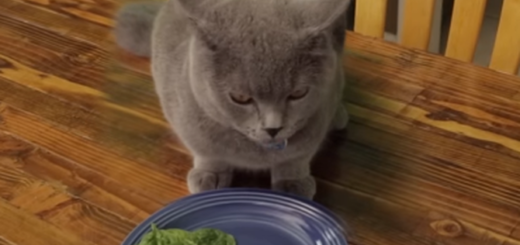I stared out the window as we took off, not thinking about the job, or Cheryl, or Hal, or any of them. My mind was on the chapel in Bloomington, the coffee can my dad kept bolts in, and the smell of wood stain. I thought about the way he used to whistle while he worked, as if the world was a little less broken if you just stayed busy enough.
I had no clue what was waiting for me out there, but I wasn’t scared. We touched down just after 2:00 p.m. The second the wheels hit the runway, I turned my phone back on. It lit up like a damn Christmas tree. Nineteen missed calls, mostly from Hal and Cheryl.
Voicemails started rolling in before the lock screen even loaded. I played the first one. “Hey, it’s Hal. Uh, we noticed some files are missing. Could you give me a call when you land?”
The second one was Cheryl, her tone clipped. “We’re escalating this internally. If this was accidental, please clarify immediately.”
The third one was pure gold. Hal again. “This isn’t how professionals handle things.”
I snorted and slid the phone back into my pocket. That was rich, coming from a guy who once forgot to tell a client their contract auto-renewed for double the rate. I picked up my rental, a dusty blue Ford Focus that smelled like fast food and sadness, and drove south toward Bloomington. The farther I got from the city, the easier it was to breathe.
Dad’s house was just how I remembered it: low brick, sloping roof, and a porch light that flickered when the wind hit just right. I stepped inside and was hit with the smell of sawdust, old books, and black coffee, like time hadn’t touched the place. His boots were still by the door, and a mug sat on the kitchen counter, half-full, as if he’d just stepped outside for a second. I just stood there, hand on the doorframe, breathing it all in.
That night, I stayed up in the garage, sitting at the workbench while the heater hummed in the corner. I started digging through old drawers filled with clamps, chisels, and tiny screwdrivers. In the bottom cabinet, I found a metal tin packed with baseball cards, rubber-banded in groups, just like he used to keep them. He never collected for money; he said stats told better stories than faces ever could.
My phone vibrated again. I didn’t even have to look. It was emails now. The first one was from Cheryl, with the subject line: Urgent: Documentation Access Required. Client Disruption. The second one read: Follow-up Needed: Migration Incomplete.
The third came from Hal hours later. “Can we schedule a quick call tomorrow? I want to discuss your situation and your father’s funeral plans.” Funny how fast they learned his name.
I clicked reply and typed: Tomorrow at 2:00 p.m. Eastern Standard Time works. I’ll send the invite. No sign-off, no emotion. Just business. I set it for exactly 2:00 p.m., right in the heart of their Norland migration deadline. I knew what that hour meant to them.
I closed my laptop and looked around the garage. The whole space was quiet, except for the soft hum of the heater and the occasional creak from the old rafters. It felt more alive than any office I’d ever worked in. I leaned back in Dad’s old chair, kicked my feet up on the workbench, and watched my phone buzz again. They were panicking. Good. Now they could feel what it’s like to lose the one person holding everything together.
The next morning, I brewed a pot of coffee in Dad’s chipped “Mr. Fix-It” mug and set my laptop on the kitchen table. It was the same table where I’d eaten toast before school, with the same view of the backyard where Dad taught me to mow in straight lines. At exactly 1:59 p.m., I clicked the meeting link.
Hal’s face popped up first, red-eyed, with a crooked collar, looking like he hadn’t slept. Cheryl joined next, her hair pinned up tight as always, her mouth already tense. Then came a third window, showing some lady in glasses who had “legal” written all over her face.
“First,” Hal said, his voice slow and practiced, “we’re very sorry about your father.”
I didn’t respond. He waited, then glanced at Cheryl. She jumped in. “We need access to your documentation. The migration is falling apart without it.”
I tilted my head. “My documentation?”
“You built it on company time,” the legal woman chimed in. “It’s considered work product.”
I laughed once, a short and cold sound. “You mean the scripts I made after hours? The guides I built because no one approved a training budget? The notes I wrote just so I wouldn’t get blamed when Hal forgot a meeting?”
“That doesn’t change the fact that it’s proprietary,” she said.
“No,” I said, “it’s not. It doesn’t contain any client data, source code, or internal IP. They’re tools—my tools—built because I was left to sink or swim, and I chose not to drown.”
Cheryl leaned forward. “Norlin’s team can’t complete the migration. Reporting functions are dead. Clients are asking where their dashboards are.”
I sipped my coffee. “Sounds like a staffing issue.”
Hal rubbed his forehead. “Look, I understand you’re grieving, but we really need a solution here.”
I nodded. “I have one. I’m not rejoining the team, and I’m not reinstating anything. But I’ll consult.”
Cheryl’s eyes narrowed. “Excuse me?”
“$300 an hour, 20-hour minimum, paid up front. I’ll walk your people through what they need, answer questions, and help you hit the finish line.”
“That’s extortion,” Cheryl snapped.
I shrugged. “It’s supply and demand.”
Hal spoke up. “We can’t approve that kind of spending without going through finance.”
“Then talk to finance,” I said. “Because the clock’s ticking, and Norlin isn’t going to sit around while you fumble through backups that don’t exist.”
The lawyer stayed quiet, typing.
“Also,” I added, “I won’t be working around your schedule. I’m handling my father’s estate this week. Calls are limited to two hours per day. You’ll get the window I give you.”
There was silence. Cheryl looked ready to snap, but Hal was already nodding. “Can you send over a formal agreement?” he asked.
“I’ll send the terms. Once I see the funds, we’ll schedule the first call.”
Hal nodded again as if this was hurting him physically. “We’ll expedite it.”
The lawyer spoke for the first time since she started typing. “Please don’t delete any additional company-related material.”
“There’s nothing left to delete,” I said. “You’re already standing in the crater.”
I ended the call. I felt no guilt, no second-guessing. Just calm—the kind of calm you get when you stop explaining yourself to people who never cared in the first place.
Thursday morning came hard. I pulled on a wrinkled black button-up that still faintly smelled like Dad’s garage. I didn’t bother ironing it; he wouldn’t have. The chapel was the same one where we buried Mom, with the same stained glass, same creaky pews, and the same carpet that always felt slightly damp, no matter the weather. Now, it was Dad’s turn.
I stood near the front, hands shoved in my pockets, while people filtered in. Old neighbors, his buddies from the community college, and a couple of guys from the VFW. They weren’t dressed fancy, but every one of them showed up.
“Your dad helped me fix my water heater during a snowstorm,” one man said, clapping my shoulder.
“He wouldn’t let me pay him,” another added.
Even his barber came, holding a little box of sugar cookies. “He hated getting haircuts,” she laughed, “but he always brought me a pie in July.”
I didn’t speak much, just nodded, hugged a few folks, and took it all in. Then I saw Mr. Banner, my high school shop teacher, coming down the aisle with the same thick glasses and stiff walk. He pulled me into a hug as if I were still seventeen. “Your dad never stopped bragging about you,” he said, his voice thick. “Every time I saw him, it was, ‘My kid built that whole damn system by himself.’ You were his whole world.”
My throat clenched. I just nodded, unable to get a word out.
The service was simple, with a few prayers and a hymn Dad liked. Some guy from the college gave a short eulogy about how Dad always fixed the vending machines when facilities wouldn’t. It wasn’t flowery or long, but it was real. Afterward, I stepped outside, pulled out my phone, and saw the number: 27 missed calls. I slid it back into my pocket without even reading the names.
I walked around back to the shed. On the bench sat a small wooden pendant, still rough on the edges, half-sanded, with the loophole not yet drilled. I picked it up and turned it over in my hand. He’d been making it for me. I remembered him showing me the design a month ago, saying it was walnut from a tree he’d cut down in Aunt June’s yard. I grabbed some sandpaper and got to work—not fast, not careful, just steady. I didn’t feel proud or smug or justified; I just felt clear.
Friday morning, I was back at Dad’s kitchen table with coffee in one hand, my laptop open, and earbuds in. The Norlin call started at nine sharp. Their whole team was there, plus Hal, Cheryl, and some guy I didn’t recognize who looked like he hadn’t seen sleep in three days.
Hal cleared his throat. “We had to delay the presentation. Norlin wasn’t happy.”
I sipped my coffee. “That sounds like a problem.”
Cheryl jumped in. “We need to get this fixed now. They’re threatening to pull out.”


